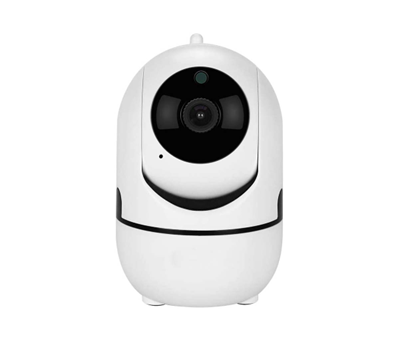As technology continues to advance, our homes are becoming increasingly connected and intelligent. The Internet of Things (IoT) has revolutionized the way we interact with our living spaces, offering a wide range of benefits that enhance our lifestyles and improve our overall well-being.

Improved Safety and Security
One of the most significant advantages of smart homes is the increased safety and security they provide. IoT devices such as security cameras, motion sensors, and smart locks can help protect our homes from intruders and alert us to potential dangers. These devices can be monitored remotely, providing peace of mind for homeowners and their families.

Energy Efficiency and Cost Savings
Smart home technology can also help us reduce our energy consumption and save on utility bills. Devices like smart thermostats and lighting systems can be programmed to optimize energy usage based on our habits and preferences. For example, a smart thermostat can learn our daily routines and adjust the temperature accordingly, ensuring that our homes are comfortable when we’re there and conserving energy when we’re not.

Convenience and Comfort
IoT devices can make our lives more convenient by automating everyday tasks and allowing us to control our homes remotely. Voice assistants like Amazon’s Alexa or Google Assistant can be used to control various devices, such as turning on lights, adjusting the thermostat, or playing music. Additionally, smart appliances like ovens and washing machines can be programmed to operate at specific times, making our daily routines more efficient.

Support for Aging in Place
Smart home technology can also be beneficial for older adults who wish to age in place. IoT devices can help monitor their health and well-being, providing medication reminders and tracking vital signs. In case of an emergency, connected health services can alert caregivers or medical professionals, ensuring that help is available when needed. As mentioned in The New York Times article “The Best Smart Home Devices to Help Aging in Place,” the decision to use smart home technology for aging in place should be made in consultation with the individual and their medical provider, ensuring that safety and privacy concerns are addressed.
